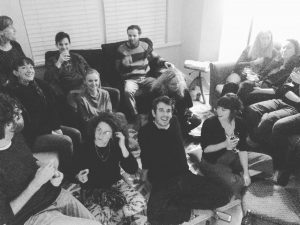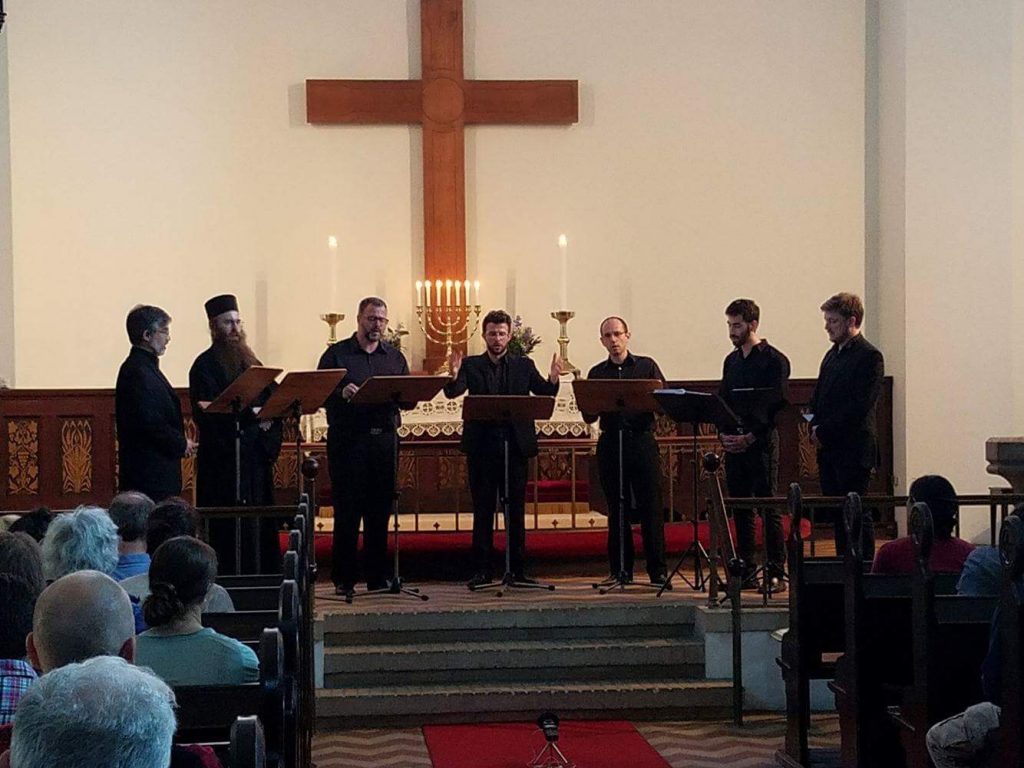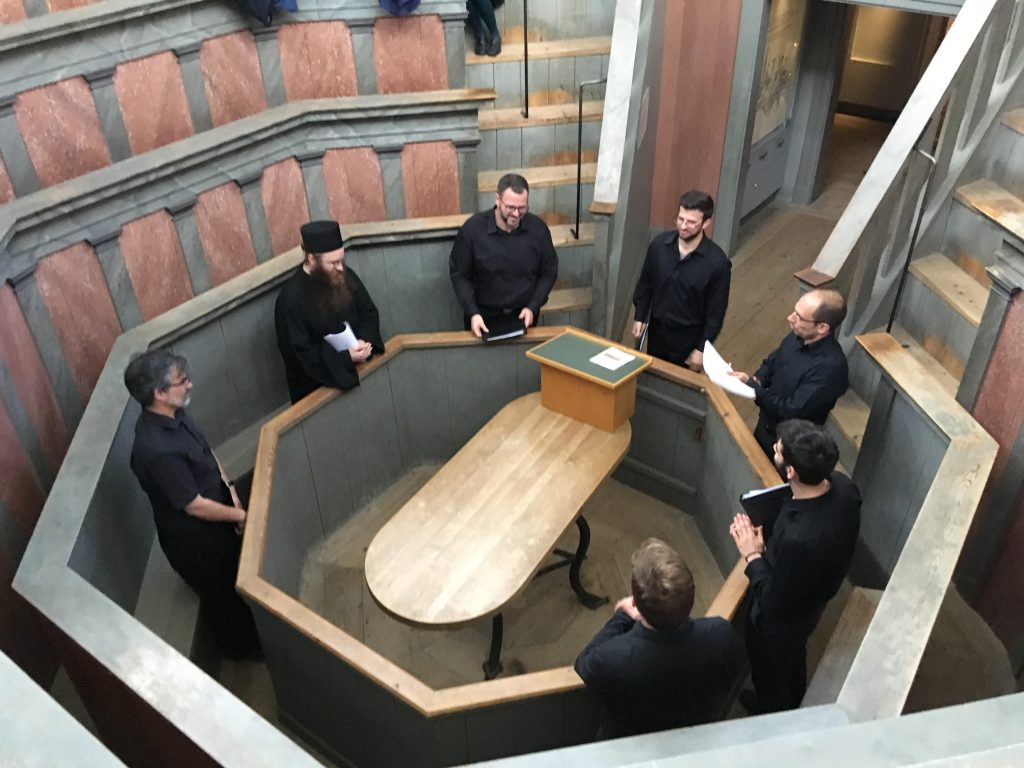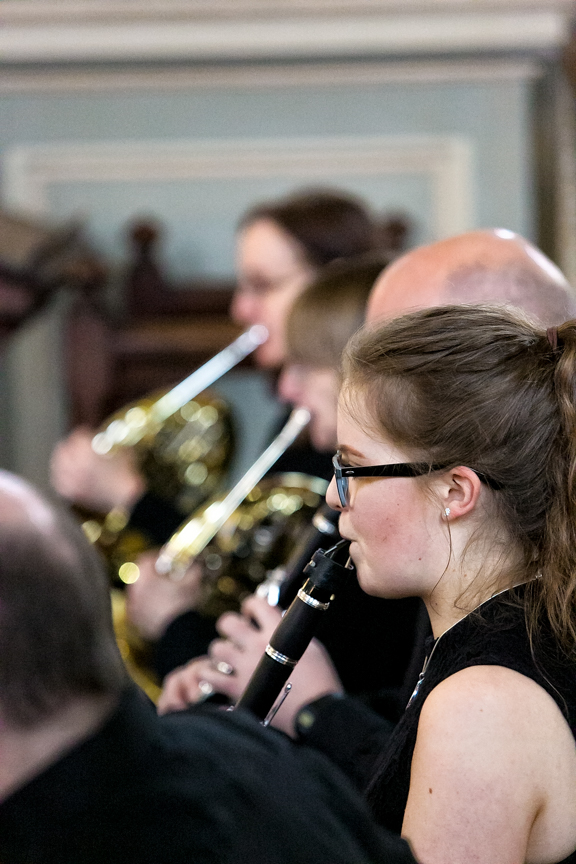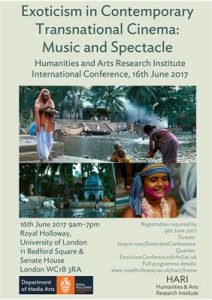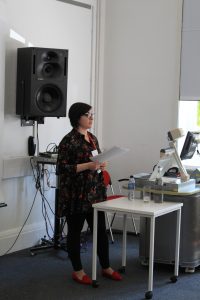City Music Head of Department Laudan Nooshin is delighted to report that a book that she has contributed to has been awarded a major academic book prize.
Jazz Worlds/World Jazz (Chicago University Press, 2016), edited by Philip V. Bohlman and Goffrredo Plastino, has received the American Musicological Society Ruth A. Solie Award, given each year to a collection of musicological essays of exceptional merit.
Laudan’s chapter is entitled ‘Jazz and its Social Meanings in Iran: From Cultural Colonialism to the Universal’, and explores various aspects of jazz and its social meanings in Iran from the 1950s onwards, focusing in particular on the period of cultural liberalism that followed the election of reformist President Khatami in 1997. Whilst most forms of western popular music were branded as a form of cultural imperialism and banned after the 1979 Iranian Revolution, jazz managed to remain largely unproblematic, mainly because it was positioned as a form of “art” music and as a “universal” musical expression. Laudan discusses the changing meanings of jazz in Iran over the past 70 years.
Jazz Worlds/World Jazz includes 16 chapters which explore a range of jazz traditions around the world, from Ethiopian jazz and Indian fusion, to Balkan swing and South African jazz.
http://press.uchicago.edu/ucp/books/book/chicago/J/bo19637106.html






